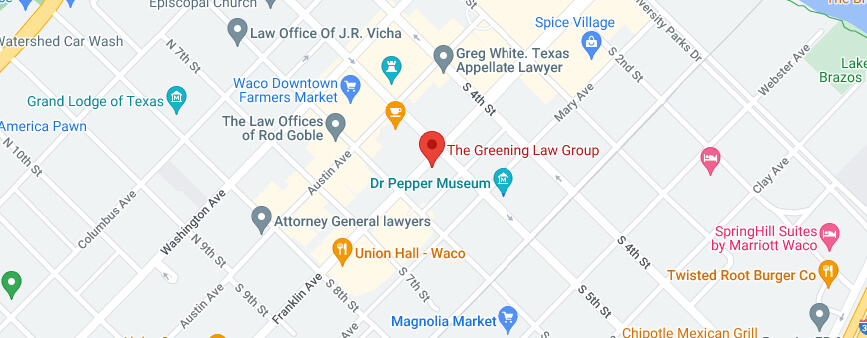To Put This Into Perspective, 16th U.S. President Abraham Lincoln Issued the Emancipation Proclamation on September 22nd, 1862– Over 18 Years After Allen Became a Lawyer.
The Maine Bar initially rejected Allen’s admission, since the state did not recognize him as a citizen. Despite this, Allen took the bar exam and passed. He was then granted a license to practice law by the state of Maine. Though he was now licensed, Allen had trouble in finding clients in Maine willing to hire a Black lawyer, and thus, moved to Boston in 1845 in pursuit of a better outcome. Here, there was no shortage of struggle for him. Because he was unable to afford transportation, Allen walked over fifty miles to the bar exam test site in Massachusetts, where he again became the first African American to pass the bar exam in the state.
With another one of America’s first Black lawyers, Robert Morris, Allen opened the first Black law office in the United States. In Suffolk, Massachusetts, he reached another milestone: becoming the first African American lawyer to try a case before a jury.
But again, racial prejudice created a great struggle for Allen, and in 1848, he made history once more by becoming the first African American to hold a judicial position in the U.S. – as a Justice of the Peace in Middlesex County, Massachusetts.
Following the Civil War, Allen moved south to Charleston, South Carolina – where he, along with Robert Brown Elliot and William J Whipper, played a major part in establishing the first known African American law firm in the country.
Later in his career, in 1873, Macon Bolling Allen was appointed a Judge of the Inferior Court by the South Carolina legislature. A year later, Allen was elected to probate court in Charleston County, where he served through 1878. After the Reconstruction Era, he returned to his legal practice and lived out his days as an attorney for the Land and Improvement Association in Washington, D.C.
Allen passed away in 1894, at age 78.









